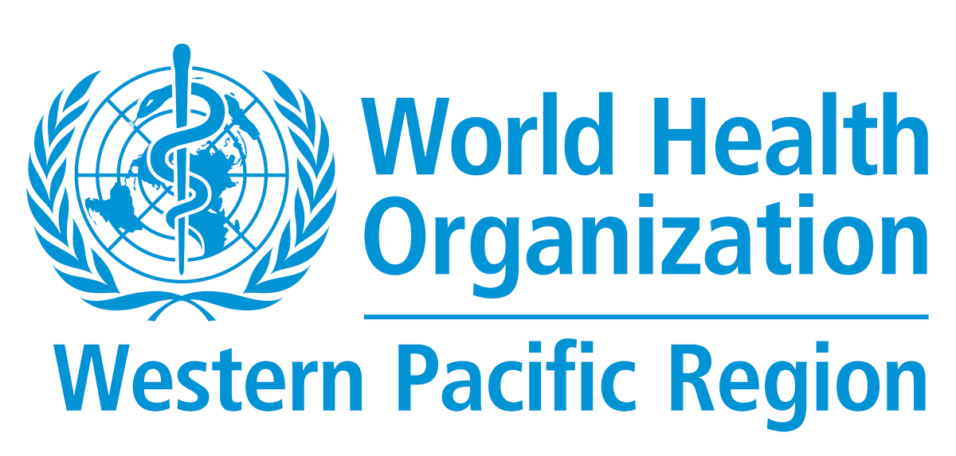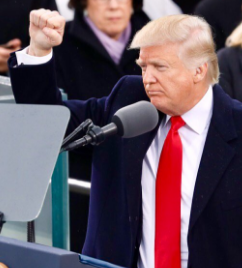When US President Donald Trump tweeted a letter to WHO Director-General Tedros Adhanom Ghebreyesus last week threatening to make permanent the US freeze on WHO funding that began in April, unless the organization “can actually demonstrate independence from China” within 30 days, it has heralded another onslaught on fighting the coronavirus pandemic.
If President Trump sidelines the World Health Organization, experts foresee incoherence, inefficiency and resurgence of deadly diseases. The fissure between the United States and the World Health Organization has unveiled further the repercussions which could range from a resurgence of polio and malaria to barriers in the flow of information on COVID-19.
On the flip side, scientific partnerships around the world would be damaged, and the United States could lose influence over global health initiatives, including those to distribute drugs and vaccines for the new coronavirus as they become available, according to health experts.
“I don’t think this is an idle threat,” says Kelley Lee, a global health-policy researcher at Simon Fraser University in Burnaby, Canada. The acrimony is poorly timed when the need of the hour is for international coordination and cooperation to contain with the coronavirus. “In this pandemic, people have said we’re building the plane while flying,” Katz says. “This proposal is like removing the windows while the plane is mid-air,” said Rebeca Katz, director of the Center for Global Health at Georgetown University in Washington DC.
Trump’s Allegations
Trump’s letter, which he tweeted on 18 May, reiterated his earlier allegations that the WHO intentionally ignored reports that COVID-19 was spreading between people in Wuhan, China, in December itself. “I cannot allow American taxpayer dollars to continue to finance an organization that, in its present state, is so clearly not serving America’s interests,” he wrote.
A few of Trump’s claims such that the medical journal The Lancet had published on the new coronavirus in December was debunked the next day when the journal issued a statement calling the claim factually incorrect because their first reports on COVID-19 were published on 24 January.
This is the letter sent to Dr. Tedros of the World Health Organization. It is self-explanatory! pic.twitter.com/pF2kzPUpDv
— Donald J. Trump (@realDonaldTrump) May 19, 2020
Tedros has reiterated his commitment to an independent evaluation of the WHO’s response to COVID-19, and an assessment of the organization’s operations in the first part of 2020 that has already been made public. But when reporters asked Tedros, he said, “Right now, the most important thing is fighting the fire, saving lives.”
Last year, the US government gave the WHO roughly US$450 million. Nearly 75% of that was voluntary, and the other quarter was mandatory — a sort of membership fee expected from the 194 member countries, adjusted by the size of their economies and populations. The United States is the biggest donor, representing about 15% of the WHO budget.
So far this year, it has paid about one-quarter — $34 million — of its membership dues, according to a WHO spokesperson. Voluntary funds are more complicated because a large portion were paid last year, however the spokesperson says that the freeze has put a hold on new agreements, meaning that the full-blown effects of the decision will be felt in 2021.
The US government provides 27% of the WHO’s budget for polio eradication; 19% of its budget for tackling tuberculosis, HIV, malaria and vaccine-preventable diseases such as measles; and 23% of its budget for emergency health operations. David Heymann, an epidemiologist at the London School of Hygiene and Tropical Medicine, says this will also amount to resurge of polio.

The WHO will survive a US funding freeze in the next few months as other donors will help to compensate for the financial gap during the pandemic. Already, Chinese President Xi Jinping pledged $2 billion to the coronavirus response.
Even the United States would lose its influence on what the agency does and eventually lose its voting rights. Currently, only three countries — South Sudan, Venezuela and the Central African Republic — are in this category.
With that loss, the United States will relinquish its ability to shape health agendas around the world, says Lee. Ironically, that is exactly what the Trump administration is complaining about. “If the US pulls out and leaves a vacuum, it will be filled by other countries, like China,” she says. “You’ll see a self-fulfilling prophecy.”

